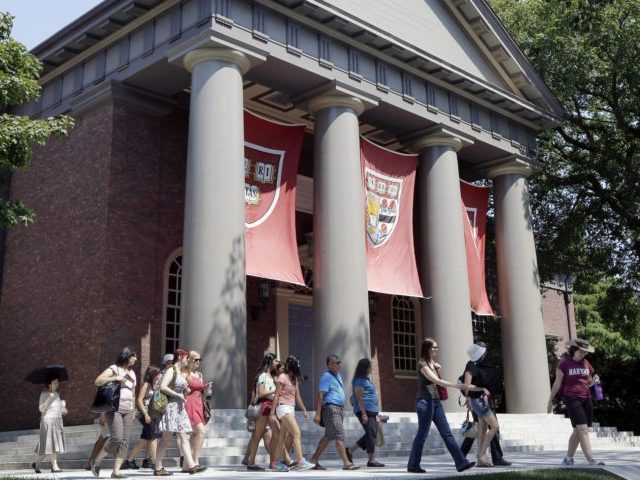From Jordan Weissmann writing at Slate:
“The joke about Harvard is that it’s a hedge fund with a university attached to it,” Mark Schneider tells me. It’s a quip that, for obvious reasons, has become pretty popular in recent years.
In 2014, the university’s legendary endowment, overseen by a team of in-house experts and spread across a mind-bending array of investments that range from stocks and bonds to California wine vineyards, hit $36.4 billion.
“They’re just collecting tons, and tons, and tons of money,” says Schneider, a former Department of Education official who is currently a fellow at the American Institutes for Research.
Of course, normal hedge funds have to pay taxes on their earnings. Because it’s a nonprofit, Harvard doesn’t. And since bestowing tax exemptions is the same as spending cash from the government’s perspective (budgeteers call them “tax expenditures” for a reason), that means the American public effectively subsidizes Harvard’s moneymaking engine.
The same goes for Stanford (endowment: $21.4 billion), Princeton (endowment: $21 billion), Yale (endowment$23.9 billion), and the country’s other elite institutions of higher education.
Aiding wealthy research universities that cater to largely affluent undergraduates might have been acceptable in a more flush era. But at a time when state colleges are still suffering from deep budget cuts that have driven up tuition and politicians are stretching for ways to make school more affordable for middle-class students, clawing back some of that cash to spend on needier schools is starting to sound awfully appealing. Which is why it might just be time to start taxing Harvard and its cohort.

COMMENTS
Please let us know if you're having issues with commenting.